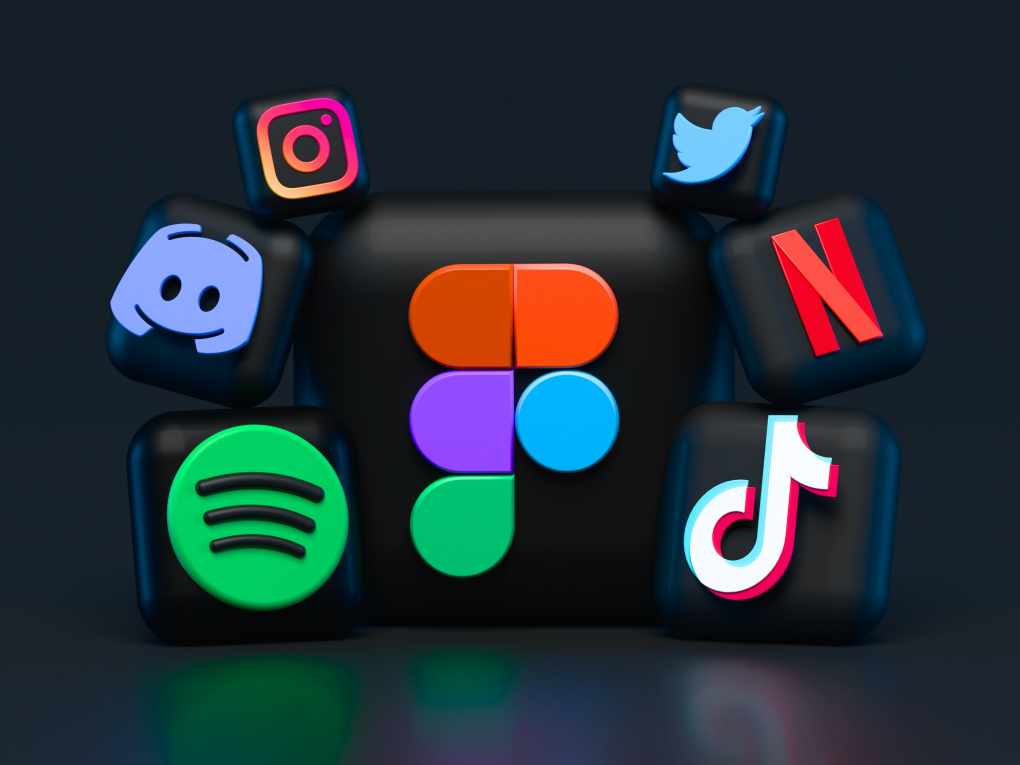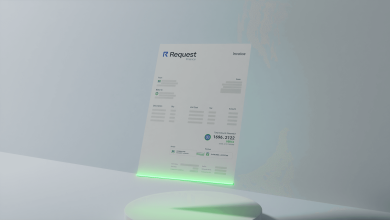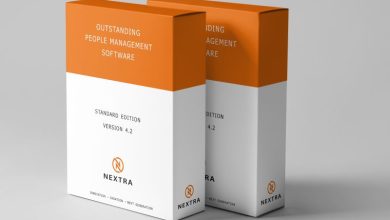8 Budgeting and Expense Tracking Apps

Ask any financial expert and they will tell you the first thing to do to get your finances in order is to track your spending. You can see exactly where all your cash is being sucked into if you know what you are spending on. Then, it’s easier to come up with a plan to cut unnecessary expenses.
Thank God, you don’t need to be good at Math for that! Expense tracking apps are there to take the heat for us. There’s an app for literally everything – whether you want an expenditure tracker that conveniently collects all of your transaction data, one that automates your company’s cost reporting procedure, or one that holds you accountable.
Let’s cut to the chase and check the options in the best expense tackers out there:
1: QuickBooks
This app is rather famous in the business world. It’s accounting software for expense management and is great for small businesses or even a cybersecurity consulting agency. This software helps you to keep track of your personal and company expenses. You can also count on it to keep track of your miles. It automatedly creates and sends invoices too.
Instead of hiring someone to calculate and file your tax, you can combine QuickBooks with TurboTax and for $12 only and create a hassle-free tax filing procedure.
2: Personal Capital
Personal Capital is like having your very own investment manager. It keeps track of and categorizes all your credit and debit card purchases. The app generates graphs that show your monthly cash flow as well as your expenses. The free financial dashboard and the wealth management service are also available. This app can also assist you with retirement planning. It is highly useful for keeping track of your investments.
3: Wally
Not a fan of boring financial apps? Wally is for you then!
Wally is a bright app with several expense-tracking features. It is available on iOS devices only, and the basic version is free. You can capture pictures of receipts or manually enter expenses and classify them. Wally also keeps track of your earnings and forecasts your monthly savings. It’s a great app for folks who run have a side hustle. It is tracking apps that focus on personal finances rather than business finance.
4: GoodBudget
This app is perfectly suited for home budgeting and is ideal for beginners. The tracking apps syncs between mobile and the web, which makes it super easy to organize your household spending. Goodbudget helps you allocate a specific monthly amount of money to categories such as groceries, utilities, rent commute, and debt repayment.
5: Everlance
Everlance is a popular app among self-employed who want to keep track of their business expenses. Whether it’s tracking miles, expenses, or receipts, this app does it all. All you have to do is connect your credit cards and bank accounts with the app and let it do the magic.
The app lets you keep personal and business expenses separate. It uses GPS technology for tracking trips and creates a mileage log. This report can be easily exported in excel or PDF formats. Everlance can also be used for tracking income from multiple sources.
6: Mint
Mint is a free personal finance app that lets you link all your bank accounts into a single platform. This makes it easier to keep track of your income and expenses from a single spot.
You may also organize your bills and subscriptions by category. With Mint, it’s easier to keep track of how much you spend on subscriptions and remember to pay your bills. You may also categorize and personalize your spending into different categories and set a spending limit.
Another excellent feature of Mint is that it can help you improve your spending habits. It’s a must-have for the younger generation who are still learning how to manage finances.
7: Simplify
This is a subscription-based spending tracker app that is priced at $2.99 per month.
Its goal is straightforward: to keep track of your spending. The app offers a straightforward design that makes it simpler to manage and track your bank accounts, credit cards, investments, and loans in one location.
You can even see upcoming payments that you need to pay which will help you watch how you spend your money. Simplify is a nice expenditure management tool because it can track all of your expenses, create custom watchlists, and categorise them based on the payment method or any other tags.
8: Honeydue
This financial tracker is intended for couples. It allows them to collaborate on big or minor events that require budgeting. You can use it as a personal cost tracker or as a collaborative expense tracker, everything is up to you. The combined bank account within the app makes it easier for you and your partner to keep track of spending and savings.
Use a calendar
If you’re more of a visual person, tracking your hours in a calendar may be the way for you to go. Block out time on your calendar for specific tasks and projects, and colour code them to easily see when you have free time and when you’re busy. Calendars have a long history for tracking working hours and are still being used because of the vast number of people who use and rely on them. Calendars are also easy to use, simple to keep with you, and easy to organize.
9 Use a project management tool
If you want a more holistic approach to tracking your hours, using a time management system may be the way to go. These systems usually involve setting goals, creating a schedule, and using tools to help you stay on track. They can be a great way to get organized and increase your productivity. If you’re looking for a more long-term solution to tracking your hours, then a time management system may be the best choice.
Also, If you’re working on multiple projects at once, using a project management tool can be a great way to keep track of all the moving parts. These tools usually allow you to track time by task and by project, making it easy to see how much time you’ve spent on each one. just like time tracking apps, you can track time by task, project, or client. Project management tools are very beneficial especially if you are working on multiple projects at once!
10 Use a timesheet
A timesheet is a document where you track the hours you worked each day for your employer. This is usually used for payroll purposes, but can also be helpful in tracking your own hours. Timesheets are used less and less now because of the number of time tracking apps and tools available, but they can still be a useful tool if you’re not comfortable with using technology to track your hours.
Conclusion
If you like to keep things simple, a daily planner may be the way for you to go. This is a planner where you track the date, time, and what you did each day. This can be a great way to get an overview of your day-to-day activities. Daily planners are also very simple to use and can be carried with you wherever you go. A daily planner can be helpful to track your day-to-day activities and is very simple to use!
No matter which method you choose, tracking your working hours is a great way to stay organized and productive. Try out a few different methods and see which one works best for you! This was just a brief summary of some new ways that are available to help people keep track of their tracking apps’ working hours. For more detailed information on each individual method, make sure to do some.



